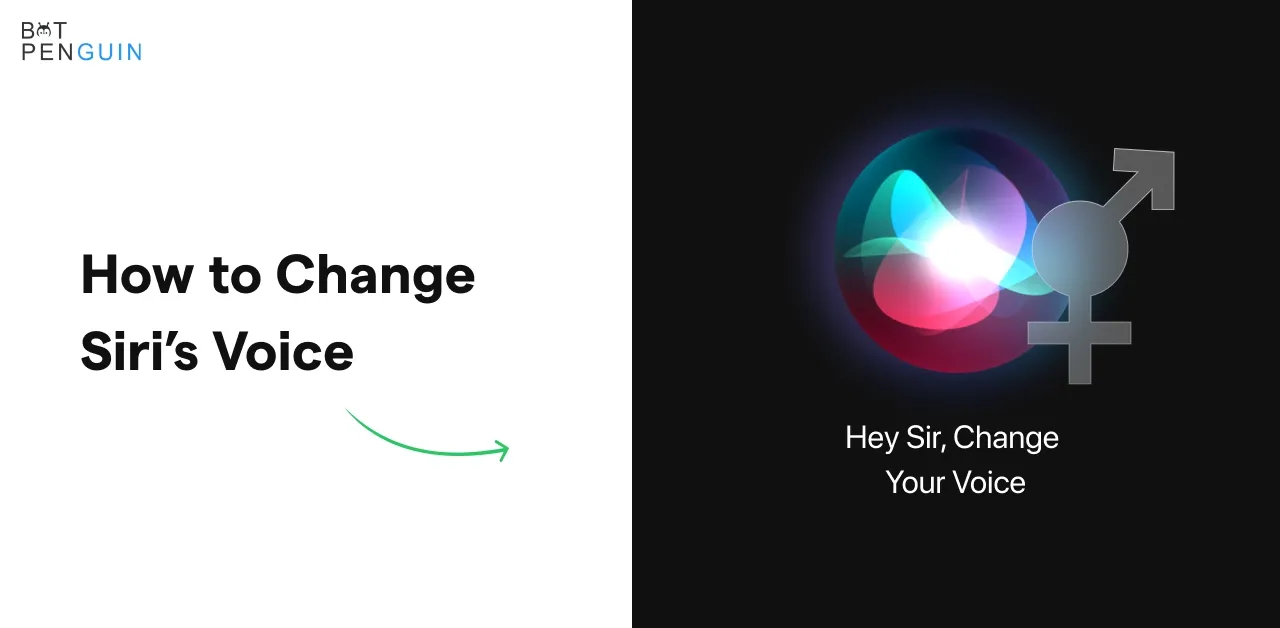Introduction
In the modern business landscape, seamless communication is paramount, and this largely rests on having an effective call routing system. The right system not only streamlines communications but also significantly improves customer satisfaction and operational efficiency. It's estimated that businesses lose over $75 billion annually due to poor customer service, with ineffective call routing being a primary culprit.
Furthermore, well-handled calls can increase customer satisfaction by 20%, making call routing an area that businesses cannot afford to overlook. So how do you choose the right call routing system for your business?
In this blog, we will dive into 5 key considerations that you need to take into account when selecting a call routing system that will boost your business's performance and customer satisfaction.
Why do you need a call routing system?
Increases Efficiency and Productivity
A call routing system effectively directs calls to the most suitable agent, reducing hold times, and enhancing customer service. It streamlines operations and improves agent productivity by distributing call load uniformly.
Enhances Customer Experience
With intelligent routing, customers interact with the most appropriate agent for their issue, leading to quicker resolution times and increased customer satisfaction. It minimizes the need for transferring calls, reducing customer frustration.
Provides 24/7 Service Availability
A call routing system ensures that calls are answered round the clock. Depending on the time of the call, it can be redirected to agents in different time zones or automated systems, enabling a 24/7 service.
Prioritizes Important Calls
Call routing allows prioritizing based on customer importance or the nature of the call. VIP customers or urgent issues can be directed to senior agents or management, ensuring immediate attention.
Reduces Costs
The efficient routing of calls leads to lower operational costs in the long run. It reduces hold times, hence utilization of resources, and ensures that all call center agents are used effectively.
Offers Scalability
As your business grows, so does your call volume. A robust call routing system easily handles this increase, ensuring customer service quality is maintained, making it essential for organizations planning to scale.
When should you implement a call routing system?
Expanding Customer Base
As your business grows and attracts more customers, an efficient call routing system becomes essential. It helps streamline the customer support process, ensuring that each call is directed to the right support agent or department.
Improving Customer Experience
Call routing systems are designed to enhance the overall customer experience. By implementing a call routing system, you can minimize hold times and ensure that customers reach the appropriate person or department to address their concerns quickly.
Managing High Call Volumes
If your business experiences high call volumes, a call routing system can help manage the influx of calls more effectively. The system intelligently distributes calls to available agents, reducing wait times and improving agent workload balance.
Supporting Remote Workforces
With the rise of remote workforces, a call routing system can be extremely beneficial in maintaining efficiency and consistency. The system can route calls to team members regardless of their location, ensuring that customer support operations run smoothly even if agents work from different locations.
Providing Multilingual Support
If your business caters to a global audience or has customers speaking different languages, implementing a call routing system can help you provide targeted, multilingual support. You can set up routing rules based on language preferences, directing callers to agents who can communicate in their preferred language. This promotes clear communication and higher customer satisfaction.
Where can you find a call routing system?
Let's take a closer look at where you can find a call routing system and how to choose the right provider for your business.
Types of Call Routing System Providers
There are a variety of call routing system providers available, including:
- Cloud-based providers
- On-premise providers
- VoIP providers
Each type of call routing software provider has its benefits and drawbacks, so it's crucial to choose the one that best fits your business's needs.
How to Choose the Right Automatic Call Routing Provider for Your Business
When choosing a provider, it's important to consider the following:
- The provider's reputation and experience in the industry
- Pricing and contract terms
- The provider's level of customer support
- Ability to customize the system to fit your business's needs
Factors to Consider When Choosing a Provider
When evaluating potential automatic call routing software providers, consider the following factors:
- Scalability: Can the provider accommodate your business's growth and changing needs over time?
- Integration: Can the provider integrate with your existing phone system and other business tools?
- Reliability: What is the provider's uptime guarantee and track record for reliability?
- Security: What measures does the provider have in place to ensure the security of your business's data?
5 Key Considerations when Choosing a call routing system
1. Features and Flexibility
When choosing a call routing system, consider the features it offers. Some provide basic functions, such as direct routing to appropriate departments, while others offer advanced features such as priority routing, time-based routing, and caller ID-based routing. A flexible system that can adapt to your business needs will be most advantageous.
2. Integration Capability
Your call routing system should be capable of integrating with other essential business software, such as CRM and marketing automation tools, to allow a seamless flow of data, enhance customer interactions and responses, and ensure a unified customer experience.
3. Scalability
Scalability is a critical factor when choosing a call routing system. As your company grows, your call volume and communication needs will also increase. You require a system that can handle this growth and allow for an increase in functionalities without significant upgrades.
4. User-Friendly Interface
A user-friendly interface simplifies the usage and management of the system. It should be easy for your employees to learn and master, reducing the time and resources needed for training. A system with a complex interface might be less efficient and lead to more errors.
5. Reliable Customer Support
Reliable customer support from your system provider can be a lifeline if your call routing system encounters any issues. Prompt, helpful, and accessible support ensures that you can quickly resolve these issues to minimize disruption and maintain quality service for your customers.
Conclusion
When selecting an automatic call routing software, it's crucial to take into account various factors that align with your business requirements. It is important to consider both your present needs and future goals. Evaluating the size of your business, the volume of incoming calls, and the level of customization you seek is vital.
Opting for a cloud-based call routing system is recommended as it offers scalability, reliability, customization options, and cost-effectiveness. Look for a service provider that delivers excellent customer support and integrates smoothly with other tools and software you utilize.
Ultimately, the choice of the right call routing system holds significant importance for your business's success. By carefully considering the five key factors mentioned above, you can make an informed decision that enhances customer satisfaction, improves operational efficiency, and minimizes expenses.
Frequently Asked Questions
What is a call routing system and why is it important?
A call routing system manages incoming calls and directs them to the appropriate destination within an organization. It is important for efficient communication and customer service.
What are the key considerations when choosing a call routing system?
The key considerations include scalability, flexibility, integration, reporting/analytics features, and reliability.
How can a call routing system enhance customer experience?
A call routing system improves customer experience through efficient call handling, personalization, multi-channel support, queue management, and proactive routing.
Can a call routing system be customized to meet specific business needs?
Yes, call routing systems can be customized to align with unique business requirements, including setting up routing rules, defining call flows, and integrating with CRM systems.
What types of call routing options are available?
Common call routing options include skills-based routing, time-based routing, IVR routing, percentage-based routing, and round-robin routing.



